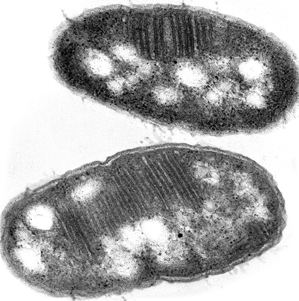
Somebody asked me who are the companies developing the use of methanotrophs (bugs that can convert methane to fuels/chemicals). It has been interesting to see more and more companies on this space and last year September at the INFOCAST bio-based summit in San Diego, Calysta announced the formation of Methanotroph.org, a research community and a web source for methanotroph information (sort of like a wiki page). Calysta is host and contributor of this website, which is formed as an open source for data sharing and documentation, as well as providing critical resource for new researchers entering the field.
Calysta said its genetic tools and strains are available to the research community for the ff:
- No-cost research license for academic researchers
- Commercial rights for tools negotiated separately
- Annual renewal to ensure tools are being actively used
- No restrictions on patents or publications
- Calysta only requires advance notification of new publications
- No requirement to commercialize with Calysta
- Calysta retains non-exclusive rights to new patents if licensed to others
Calysta said it is actively seeking collaborative research opportunities with academic researchers through its offices in the US, UK and Norway.
The US Department of Energy’s ARPA-E (Advanced Research Projects Agency – Energy) actually has (had?) several programs looking for efficient and low-cost approach for biological methane conversion given the abundant supply of cheaper natural gas feedstock in the US. ARPA-E’s REMOTE (Reducing Emissions using Methanotrophic Organisms for Transportation Energy) program has included technologies from Arzeda, Calysta, Coskata, Greenlight Biosciences, LanzaTech, Lawrence Berkeley National Laboratory, MIT, MOgene Green Chemicals, Northwestern University, Oregon State University, Pennsylvania State University, University of California Davis, UCLA, University of Delaware, and University of Michigan. I am not sure if this program is still ongoing or has already been concluded.
Synthetic biology company, Intrexon, announced last month that it has formed Intrexon Energy Partners II (IEP II), a joint venture with a select group of external investors, to produce 1,4 Butanediol using methanotrophs. Intrexon said its bioengineering of methanotrophs will create BDO through a ‘cost-effective, single-step fermentation process.’
Through an exclusive channel collaboration (ECC) agreement, Intrexon will receive a technology access fee of $18 million. IEP II will be responsible for all costs related to the development, manufacture, approval and commercialization of the product. Intrexon owns a 50% interest in the new venture.




